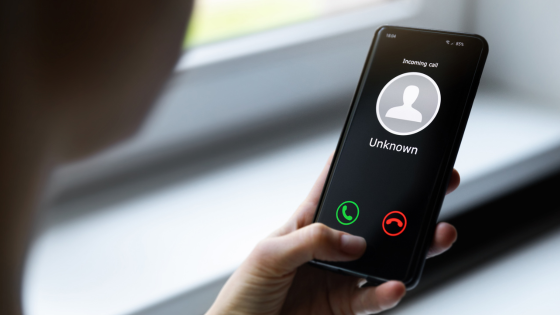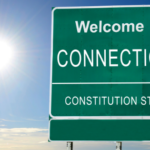Nearly half of consumers either “rarely” or “never” answer the phone if they are not certain who is calling, according to data released by TransUnion as part of a nationwide survey it conducted. Nearly three-quarters of people who don’t answer calls say they do so because they assume “it’s a robocall where someone is trying to sell them something” and some said they assumed the caller would leave a voicemail or message if the reason why the call was being made was important.
More than 60% of the survey’s respondents said they had received at least one call in the past three months where the caller seemed to be impersonating someone else or wasn’t who they claimed to be.
The news in the report isn’t all bad for collectors, though. Seventeen percent of consumers always answer the phone, regardless of whether they know who is calling or not.
The report is ultimately intended to promote the benefits of products like branded Caller ID and how that can allay the fears and anxieties felt by consumers who don’t recognize numbers on their phone when it rings. According to the survey, 76% of consumers would be likely to answer calls from businesses with which they do business if the company displayed its name and logo on calls to customers. Having the name of the caller show up on a consumer’s mobile phone was the most important feature, according to the survey’s respondents.
“When customers don’t answer legitimate phone calls, everyone suffers,” said James Garvert, senior vice president of TruContact Communications Solutions at TransUnion, in a statement. “Enterprises experience poor right-party contact rates, decreased efficiencies and reduced revenues. In addition, the negative impact of call spoofing on brands can be devastating. Consumers suffer because they miss important calls they may really need. The good news is solutions are available to address these issues.”









